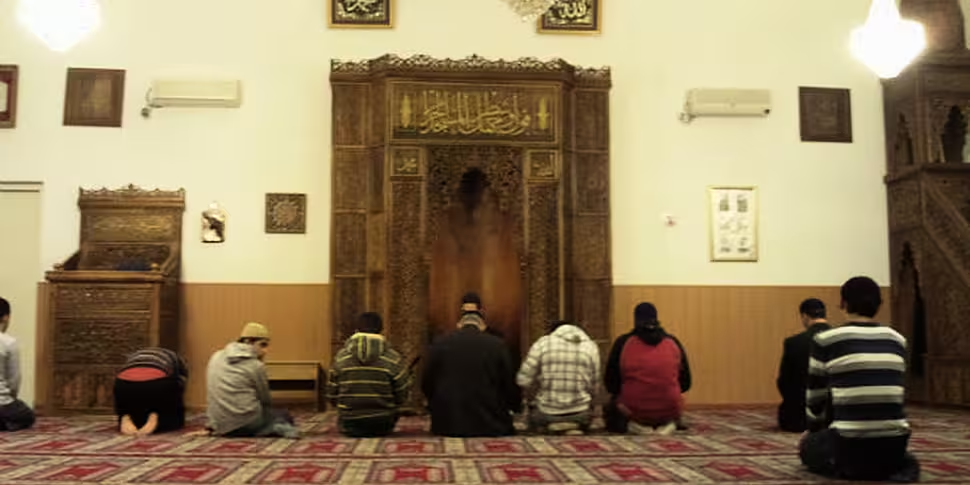It’s that time of the year in the lunar calendar when Muslims all over the world fast from dawn to dusk for twenty nine or thirty days.
Ramadan is the ninth month of the Islamic calendar. As part of their religious obligation, Muslims fast for the entire month, eating and drinking after sunset.
Fasting this year will be a lot more difficult in Ireland and neighbouring countries. The days are almost twenty hours long, leaving just about four hours for eating and drinking.
It looks very difficult to spend this length of time without food and water. However, with some spiritual strength and some faith, the fast is possible. In fact, for most Muslims, it is even a pleasant exertion, disciplining of the soul and a blissful spiritual experience.
In addition to fasting, Muslims also perform prayers at night. These prayers, called Taraweeh, are performed a short while after sunset and can last for up to an hour. In preparation for the next day of fasting, Muslims have a meal just before dawn.
During the fast, in addition to not eating and drinking, Muslims are also required to give up smoking, sexual intercourse and even the use of foul and hurtful language.
While the body is required to fast from the intake of food and drink, other organs of the body must also fast. The tongue must fast from incessant talking and lying, the ears must fast from listening to gossip and the limbs must fast from stealing or similar immoral acts. Muslims thus train and retrain to achieve higher levels of spirituality and better themselves as individuals.
The month of Ramadan is a time for reconnection with God and spiritual reflection. Not eating and drinking during the day and standing in prayers during the night can be physically taxing. But it can also be spiritually rewarding.
People are encouraged to do good deeds, reconnect with family, friends and neighbours, give in charity and feed the hungry.
Children, the elderly and the sick are not required to fast. Pregnant women, women going through their menses, mothers of new born babies and travellers are also exempt from the obligation of fasting. Anyone who may feel weakness or dizziness is advised to break their fast immediately. The objective of fasting is to achieve higher levels of spirituality, and not inflicting any physical harm.
Ramadan is considered to be the month of mercy and forgiveness. People remind themselves of the purpose of their lives and seek to gain a balance between the material and the spiritual. This is a general theme across all aspects of the Islamic faith.
Towards the end of Ramadan, Muslims are required to pay a small amount of their wealth towards the well-being of and in solidarity with the poor and the needy. This act of charity is compulsory upon every capable person.
The end of Ramadan is marked by the celebration of “Eid”. People start the day with prayers and then exchange greetings and gifts.
Abdul Haseeb - Imam, Clongriffin Mosque









